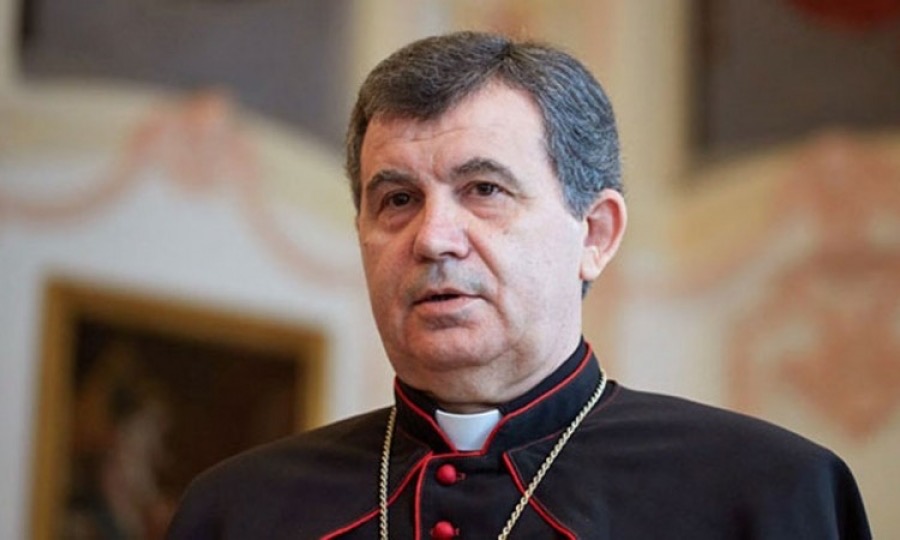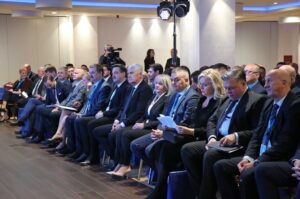 by Matthew Rusling
by Matthew Rusling
WASHINGTON, Dec. 21 (Xinhua) — U.S. President-elect Donald Trump has vowed to destroy radical terror group Islamic State (IS) after an attack this week in Germany that left a dozen civilians dead. But while he may go harder against the terror group than the current administration, experts said such a plan could risk boosting civilian casualties.
Earlier this week a truck slammed into a group of civilians at a Christmas market in Berlin, killing 12 and injuring 50. While police in Germany are still investigating, Trump said he believes the attack was perpetrated by radical Islamist terrorists.
“[Islamic State] and other Islamist terrorists continually slaughter Christians in their communities and places of worship as part of their global jihad,” Trump said in a statement on Monday. “These terrorists and their regional and worldwide networks must be eradicated from the face of the earth.”
President Barack Obama’s administration has been blasted for what critics describe as using kid gloves to handle the radical terrorist organization, as the U.S.-led coalition has been bombing the radicals for two years and has not yet defeated the militants. Critics say there are not enough bombing raids, and that there are too many rules of engagement that make the bombing less effective than it could be.
Experts said that while Trump may attack IS harder than the administration of President Barack Obama, it may lead to more civilian casualties.
“I expect Trump to be very tough on (IS) and unleash the full power of the American military on it. He can bomb more heavily and not worry about civilian harm,” Brookings Institution Senior Fellow Darrell West told Xinhua.
If Muslims believe the United States is engaging in a war on Islam, it will provoke additional terrorist attacks in various places around the world,” West said.
“Obama was more restrained in fighting (IS) because he did not want to hurt civilians and did not want to provoke Muslims around the world. Trump has to be careful that his escalation against ISIS doesn’t create new problems down the road,” he said.
Dan Mahaffee, an analyst with the Center for the Study of the Presidency and Congress, told Xinhua that Trump seems to suggest a harder push against IS.
The push will be far more muscular than the Obama Administration’s in terms of a willingness to increase the tempo of airstrikes, relax rules of engagement that slow targeting authorization for commanders, and emphasize the importance of defeating IS in Syria, he said.
Given the early indications that the Berlin attack may have been carried out by a Muslim refugee, Trump will tie his proposed harsher stance on immigration, refugee resettlement, and Muslim entry into the United State to his effort on IS, as well as the domestic policy ramifications, Mahaffee said.















